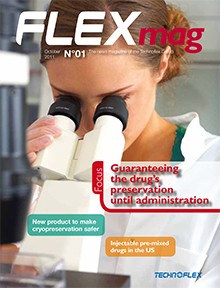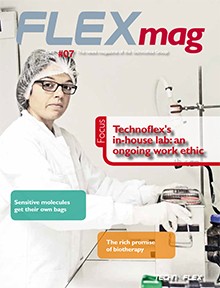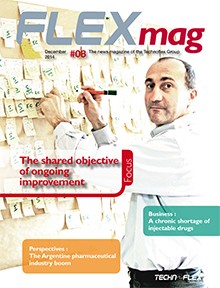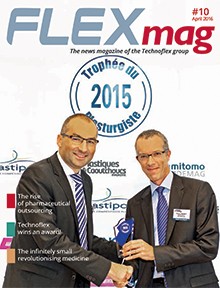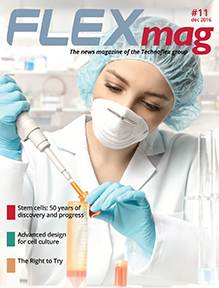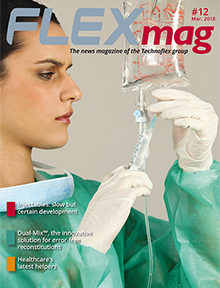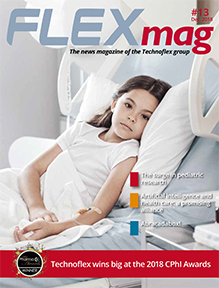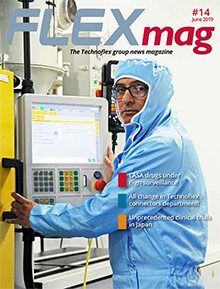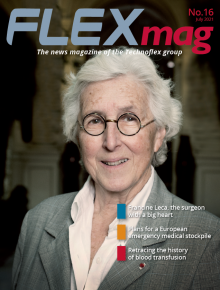AI and healthcare: a promising alliance
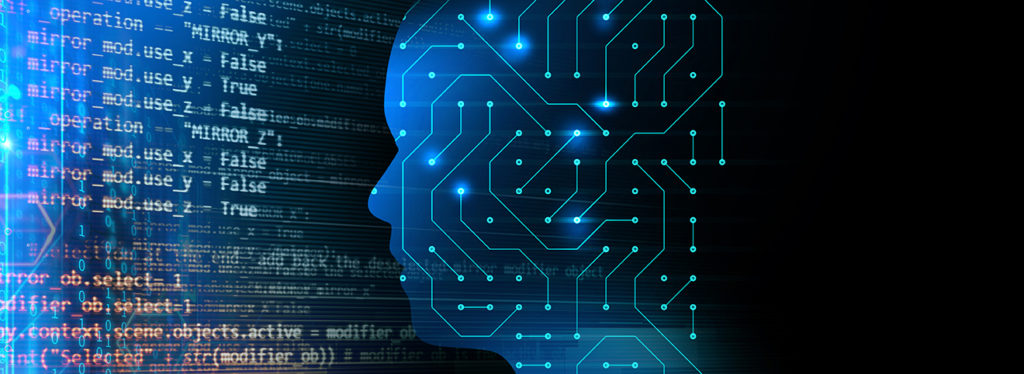 The goal of Artificial Intelligence (AI), which emerged at the end of the 20th century, is to be able to think like humans. AI uses two principles to do so: logic and data. Applied to medicine, it could predict a disease and its evolution, anticipate an epidemic, develop a personalized treatment, or provide a diagnosis.
The goal of Artificial Intelligence (AI), which emerged at the end of the 20th century, is to be able to think like humans. AI uses two principles to do so: logic and data. Applied to medicine, it could predict a disease and its evolution, anticipate an epidemic, develop a personalized treatment, or provide a diagnosis.
AI has a promising future in the field of immunotherapy, as shown by a recent French study. Immunotherapy is a treatment that stimulates the immune system to strengthen the patient’s defenses. Though it is widely used in oncology, only 30% of patients respond positively, and we don’t know why. An AI algorithm was created thanks to collaboration between physician-researchers from the Gustave-Roussy Institute and INSERM, and engineers from Centrale Supélec. It analyzes scanner images and creates a computational signature¹ that could potentially predict the efficacy of the therapy on the patient. To do this, the information system was continuously fed thousands of scanner images from 500 patient exams. As a result, it learned to identify the different tumors for which immunotherapy appeared most effective. The AI was able to provide reliable information by examining a medical image without biopsy, making it possible to reliably assess new patients.
In the US, the Food and Drug Administration (FDA) has just approved screening software. The FDA based its decision on a clinical study with 900 participants, some with retinopathy and some without. Nine times out of 10, the software program gave the correct diagnosis! This computer program uses an AI algorithm to detect early signs of retinopathy.² During a routine medical exam, the AI analyzes images of the eye taken with a retinal camera. In just several minutes, and without human intervention, the program provides a diagnosis, the related report, and instruction for care in compliance with the practices of the American Academy of Ophthalmology. Healthcare providers can use this program, called IDx-DR, to immediately and reliably assess for diabetic retinopathy. Patients benefit from early detection of the disease, thereby preventing blindness.
Dermatology is another field in which AI excels. In 2017, American researchers used Google’s “Show and Tell” software program. Using “Deep Learning”, this program consults millions of images captioned by humans until it is able to produce its own captions. By studying more than 130,000 images, the AI was able to distinguish between hundreds of skin diseases with 94% accuracy. Again in the United States, a study last spring confirmed the reliability of AI. Hundreds of images of melanoma and benign nevi³ were fed to the computer, which analyzed them and was able to identify 95% of the melanoma (compared to 87% for dermatologists). It also reduced the number of “false positives,”4 thus avoiding unnecessary surgical procedures. The program was fed 100,000 images of skin lesions to arrive this result.
It has only taken several decades for AI to move from theory to reality. This achievement was made possible thanks to the biggest tech companies, the GAFAM.5 These companies are currently the only ones with big enough platforms to collect, store, and analyze such large volumes of data. Thanks to this incredible potential and some undeniable benefits, the future of Artificial Intelligence is bright!
Key figures for Artificial Intelligence
- The 2024 market is estimated at $11.1 billion, compared to $200 million in 2015
- 1,550 startups in 70 countries, including 270 in France and 499 in the United States
- Investments in France: €1.5 billion
- Investments in USA: $4 billion
- Investments in China: $5 billion
Sylvie Ponlot
¹ In medical image computing, or radiomics, a computer analyzes medical images to produce usable data.
²Diabetic retinopathy is a complication from type 2 diabetes that affects 50% of patients. In France, it is the number one cause of blindness for those under 65.
³A natural brown mark on the skin.
4 As opposed to a “false negative”, a “false positive” gives a positive result that is invalidated by additional tests.
5 Acronym of the most powerful Internet companies: Google, Apple, Facebook, Amazon, and Microsoft.
Sources: The Lancet Oncology, FDA, Google, Microsoft, IDx



